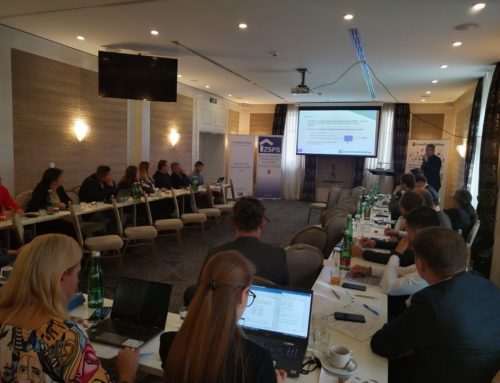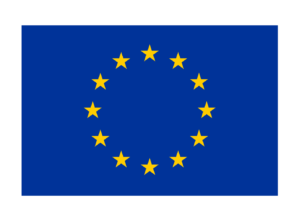On October 20, 2021, the GreenDeal4Buildings project organized a panel discussion at the Slovak Construction Forum on the fulfillment of the objectives of the European Green Deal. As stated by the panel at this meeting, in order to achieve these objectives, it is necessary for public investments in energy renovations to be combined with private capital, as public resources will not be enough to renovate buildings to an extent required for climate neutrality of buildings, and for buildings to become active elements in the two-way energy market. Buildings are expected to expand distributed electricity generation through renewable sources and to support e-mobility as well as other forms of energy storage. However, the necessary private sector investment will not come to industries and regions that are not competitive.
It is therefore crucial to create smart financing instruments that are based on a financial mix of different public and private sector resources. It is also important that the government creates a good incentive environment for investments in energy efficiency and decarbonization of the economy, including the renovation and decarbonization of the building stock, urban infrastructure and transport. For this purpose, GreenDeal4Buildings project will launch a stakeholder dialogue at round tables focused on financial innovations, which will focus on investments in energy efficiency and decarbonization of the building stock in Slovakia and the Czech Republic. These round tables will involve regional and local authorities, financial institutions, energy service providers, building owners and companies throughout the building renovation value chain and in the construction industry.
The goals of climate neutrality in 2050 and the “Fit for 55” goals are very ambitious and will require extraordinary measures and efforts. The changes will also affect the energy market, where the traditional model of centralized production ends. Everyone, including the consumer, should be able to produce energy from renewable sources. This makes the energy market very complex and at the same time increases the expectations of end consumers who want to reap the full benefits of a distributed, horizontally interconnected and two-way market. In a recent evaluation by Ember and Agora Energiewende, Slovakia ranks last in 19 EU countries, which account for 97% of electricity consumption in the EU. We also lagged behind all the countries of the central and south-eastern region. Therefore, increasing the use of renewable energy sources for decarbonization and creating adequate flexibility of energy systems through transport electrification, energy management and energy storage are key efforts to meet the climate change mitigation targets agreed at the Paris Conference in 2015 and to achieve climate neutrality by 2050. If we do not make progress in decarbonization of energy, consumers will face price increases in the future. They will become unbearable for all EU citizens and endanger the EU economy as a whole.
Therefore, the project undertook to develop proposals to make our region more attractive for investments in green energy, renovation of buildings and infrastructure, as these areas are interrelated and success in one area is the basis of success in others.






